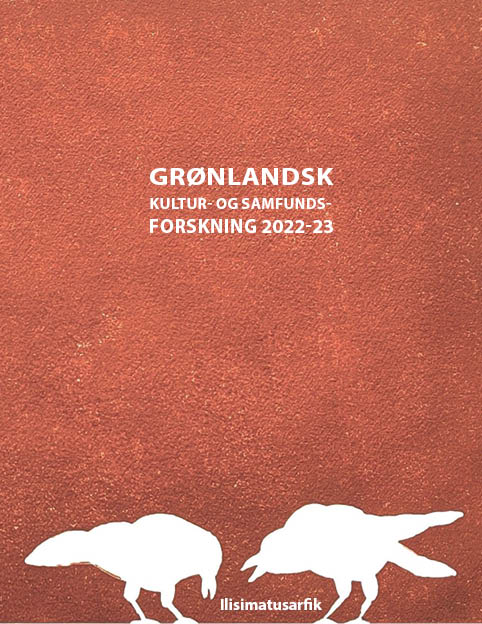Envisioning an ecological systems theoretical approach to sexual and reproductive health programs in Greenland
DOI:
https://doi.org/10.7146/gksf.vi.145156Resumé
People in Greenland experience disparate sexual and reproductive health (SRH) outcomes relative to populations in other circumpolar countries and Denmark. SRH in Greenland is intrinsically linked to multiple levels of an individual’s life, including family, partner relationship, healthcare access, and unique sociocultural factors. In this article we advocate for the use of ecological systems theory to design SRH programs in Greenland that incorporate the many interrelated systems that affect individual health outcomes. We introduce key concepts and strengths of ecological systems models for SRH programs, and we elucidate specific constructs of ecological systems theory that complement the existing Greenlandic health environment. We suggest that ecological systems theory is culturally congruent with how people in Greenland understand the interconnectedness of individuals, families, communities, and the natural and built environment. Incorporating ecological systems theory in SRH program design may promote interorganizational collaboration of SRH services, and integrate SRH education across family, school, and healthcare settings.

Downloads
Publiceret
Citation/Eksport
Nummer
Sektion
Licens
Alle rettigheder er forbeholdt forfatterne af artiklerne og Grønlandsk Kultur- og Samfundsforskning. Artikler må linkes til, citeres og downloades til ikke-kommercielle formål. Artiklerne må bruges med kildeangivelse efter de normale akademiske standarder: forfatternavn(e) samt tidsskrift, årgang, nummer og sidetal. Artiklerne må kun genudgives af forfatterne med udtrykkelig tilladelse fra Grønlandsk Kultur- og Samfundsforskning. Forfattere kan uploade deres artikler til et institutionelt arkiv.



